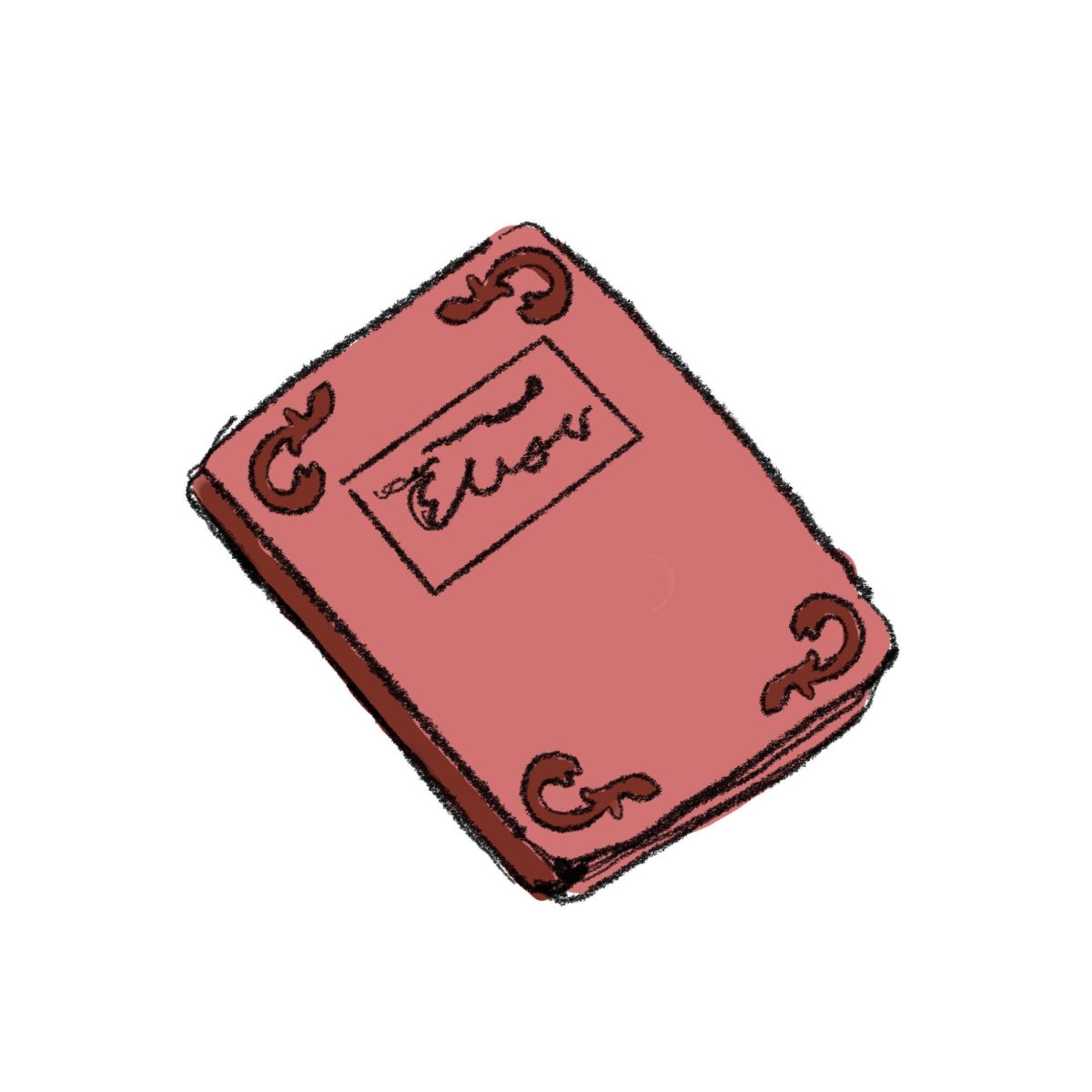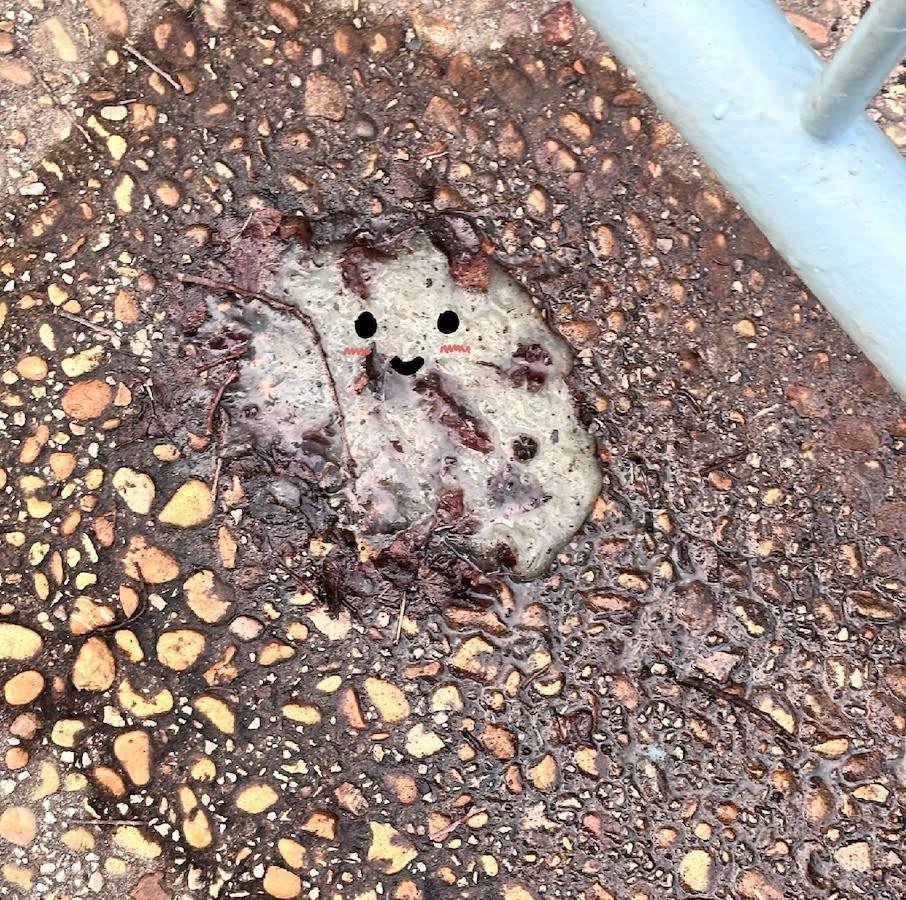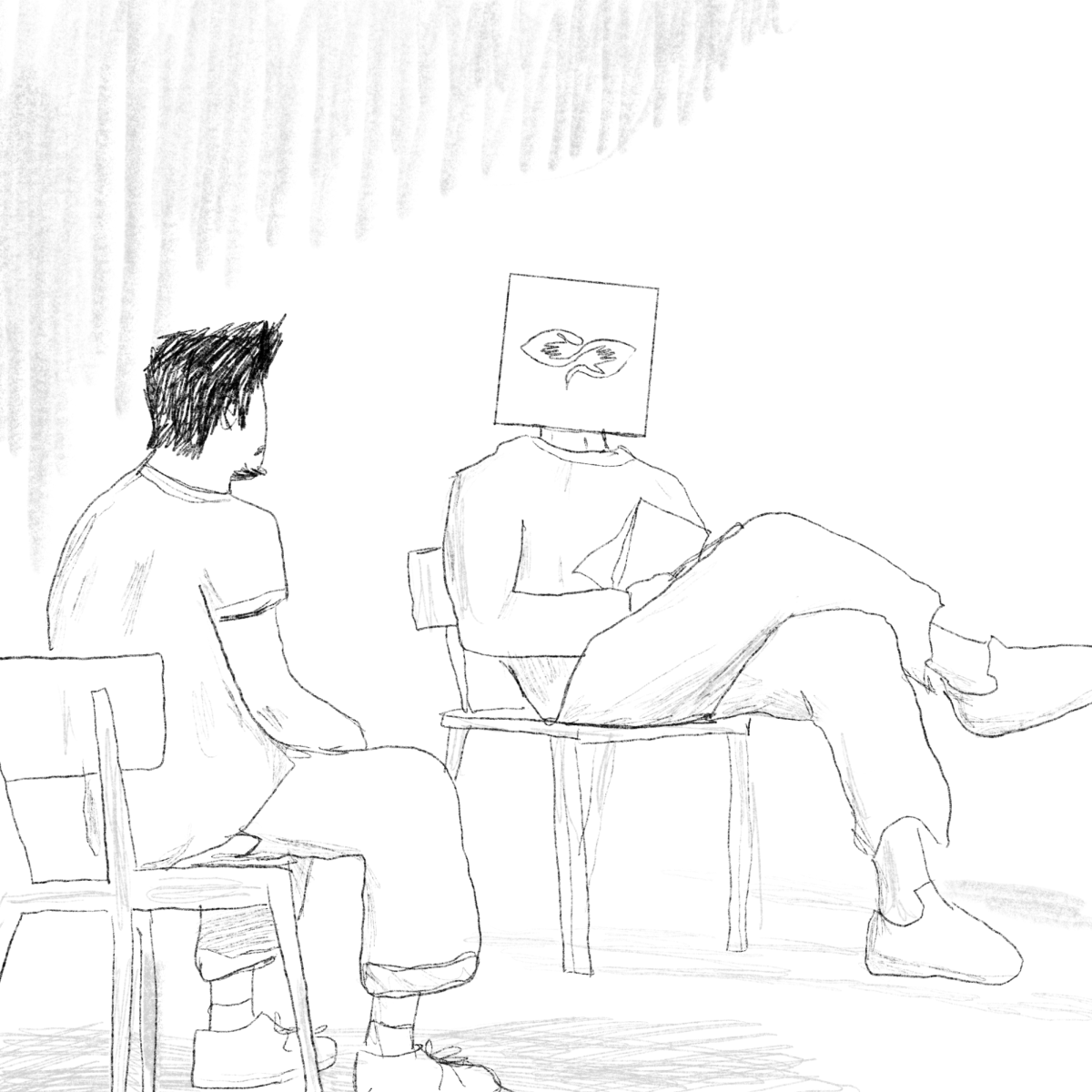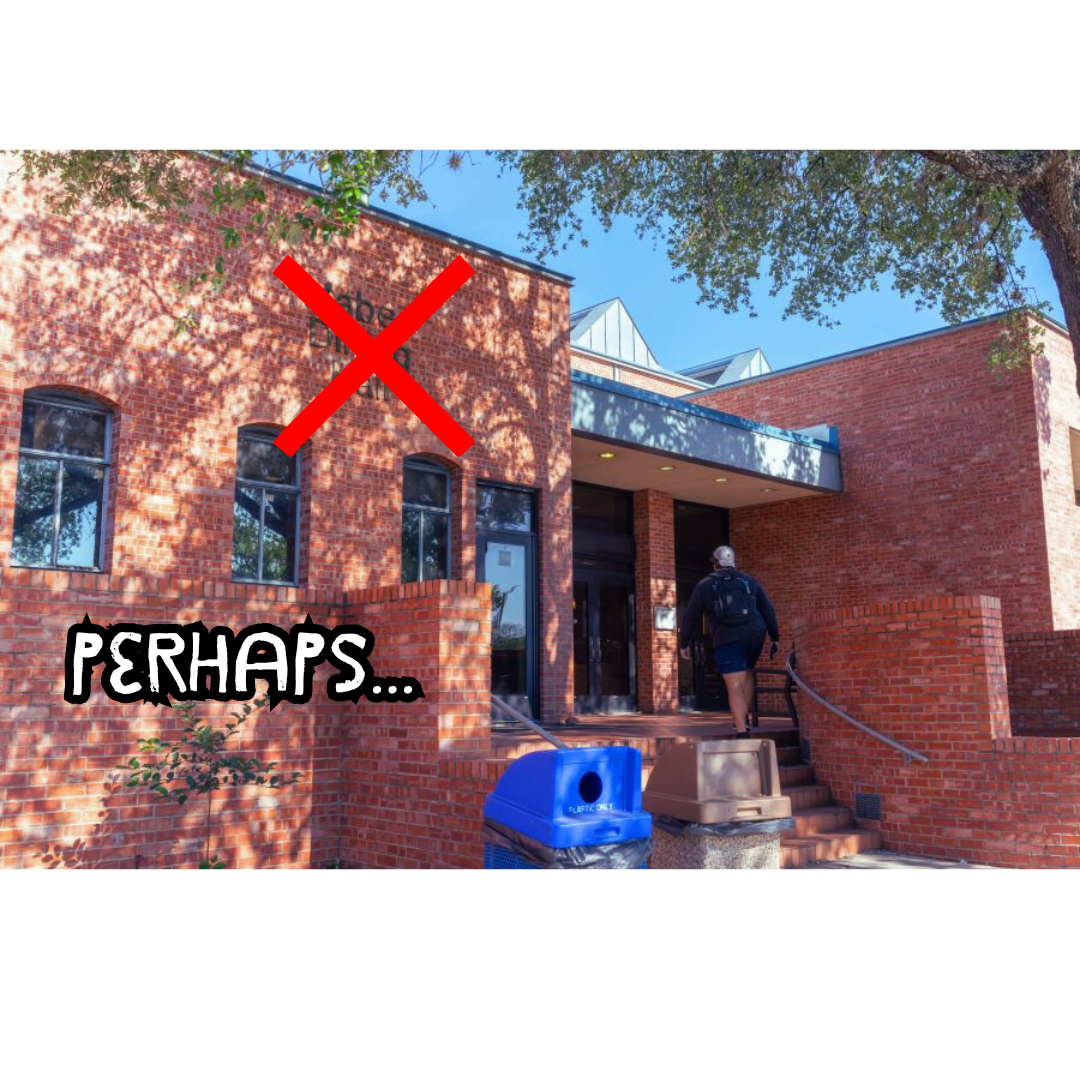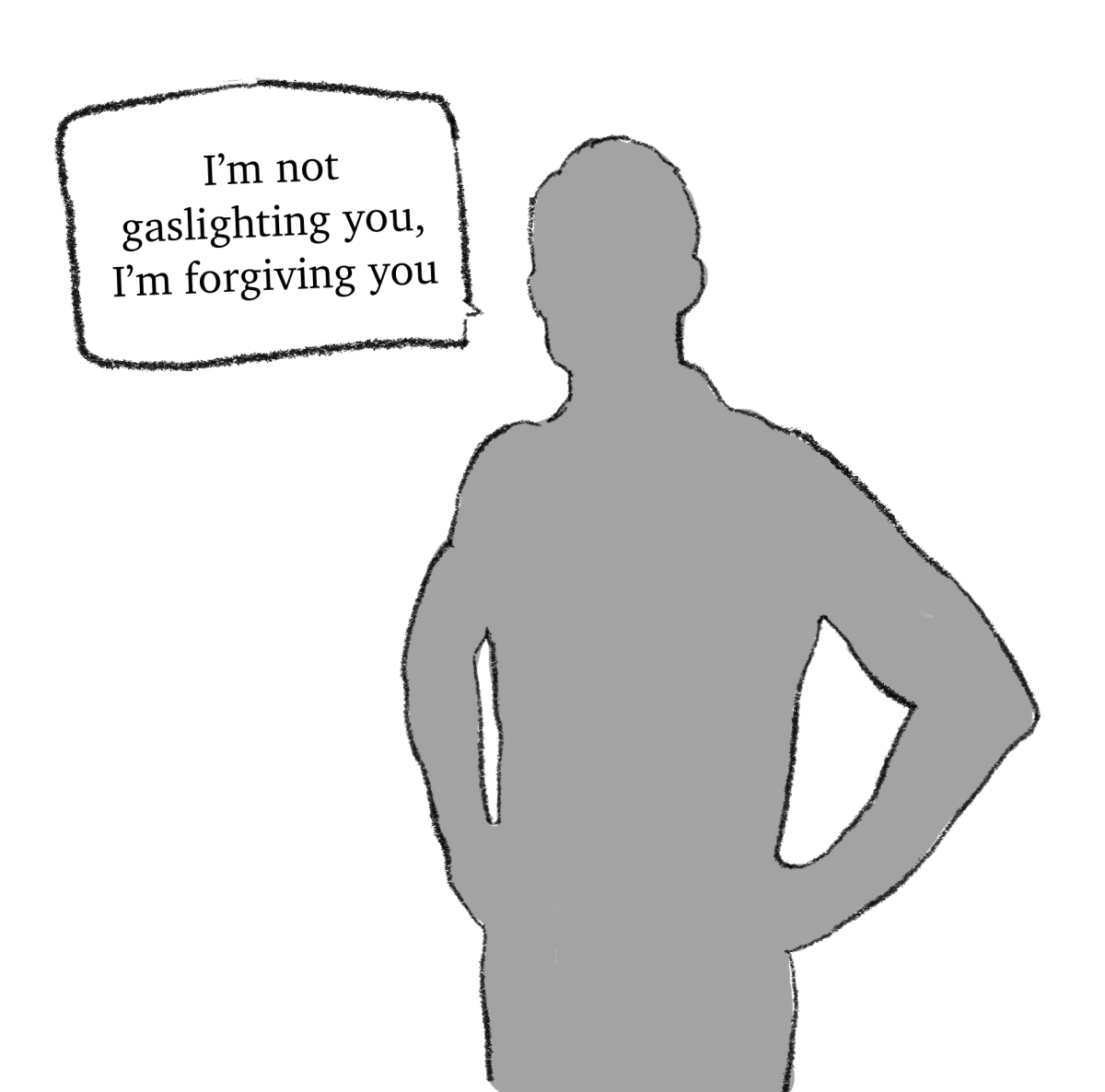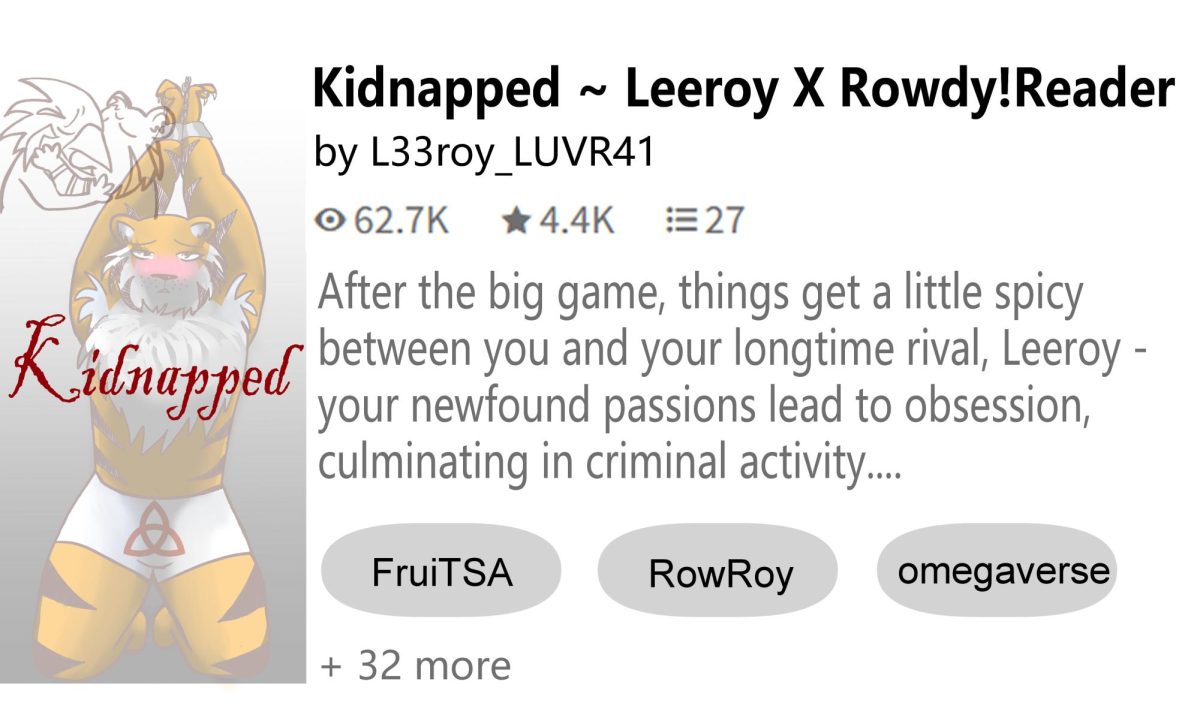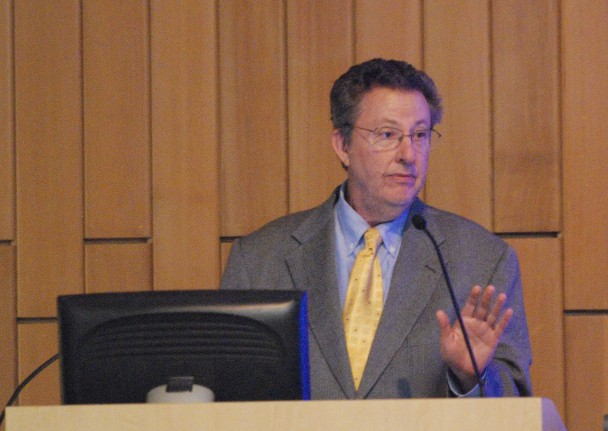
Marc Ellis, director of the Center for Jewish Studies at Baylor University, gave a lecture at 7:30 p.m. on Monday, April 16 at the Chapman Auditorium on the relationship between the Jewish people of Israel and the Palestinians. This lecture, titled “The Holocaust and Social Justice: Have We Learned the Lessons of the Holocaust?” described the way the people of Israel have oppressed the Palestinian people since the end of the Holocaust.
Ellis began his lecture with Holocaust theology. He quoted Richard Rubestein when he asked, “Where was God at Auschwitz?” and “Where was humanity?” He then talked about the different Holocaust theologians. He discussed Emil Fackenheim’s argument that the Jewish people had to rely on themselves, not just God, in order to be empowered.
“He also believed the covenant had been broken ““ that we could no longer rely on God after the Holocaust, we have to rely on ourselves,” Ellis said during the lecture. “Israel, again, is central for our empowerment. In fact, it’s a religious obligation to build up Israel after the Holocaust. It doesn’t involve God; it doesn’t have to be articulated in an overt, religious way. You can be religious or you don’t have to be religious as a Jew; it doesn’t matter ““ you were going to be taken by the Nazis because you were Jewish. Therefore, after the Holocaust, we build religious and secular in between. We built Israel.”
Ellis also discussed the oppression that the Israelis have imposed on the Palestinians. He talked about “Jews of conscience” who do not support the manner in which the Israelis are treating the Palestinians.
“Here are what I call “˜Jews of conscience,’ who continue the tradition of thinking through Jewish power after the Holocaust and who feel that the lessons of the Holocaust are empowerment but not abusive empowerment,” Ellis said.
In his lecture, Ellis argued that oppression will not help Jews feel better after the tragedy of the Holocaust.
“Jews cannot be healed by oppressing other people,” Ellis said. “By oppressing the Palestinian people, we are further from healing.”
He believes that there will be a peace agreement that will unite both the Jews and the Palestinians into one group of united people.
“One day an Israeli Prime Minister will come to Jerusalem and call Palestinian leadership and say, “˜What we as Jews have done to you, the Palestinian people, is wrong. What we are doing to you, the Palestinian people, is wrong. Let’s begin again. Begin again with justice and equality. We begin to walk that path together.’ In the beginning, both Jews and Palestinians have memories of disaster. They keep those memories. But in walking the path of revolutionary forgiveness, we create new memories together. And as we create more and more memories of justice and equality, the memories of our brokenness recede until, one day, the violation of one is the violation of all. That’s when we achieve revolutionary forgiveness.”
First year Monica Clifford attended the lecture and felt that there is more than one side to the story of the conflict between the Jews and the Palestinians, but the lecture showed a side of the Holocaust that not many get to see.
“It came across as slightly one-sided; I kind of wish that he’d addressed Palestinian bombers and such ““ the retaliation against the state of Israel,” Clifford said. “But overall, I thought it was a really critical look just because so many people are like, “˜Oh the Holocaust, we need to let the Jews do whatever they want,’ when in fact, they can’t do whatever they want just because of the Holocaust.”
First year Leah Hoffpauir also felt that there were other opinions that should have been discussed, but it was good to hear about how he developed his perspective.
“He didn’t really talk much about the opinions and the points of the people who are opposed to helping Israel,” Hoffpauir said. “I think that maybe we should just stay out of it, but I did like how he talked about the different theologies and beliefs of the different people and how they influenced his points and his views of everything.”


